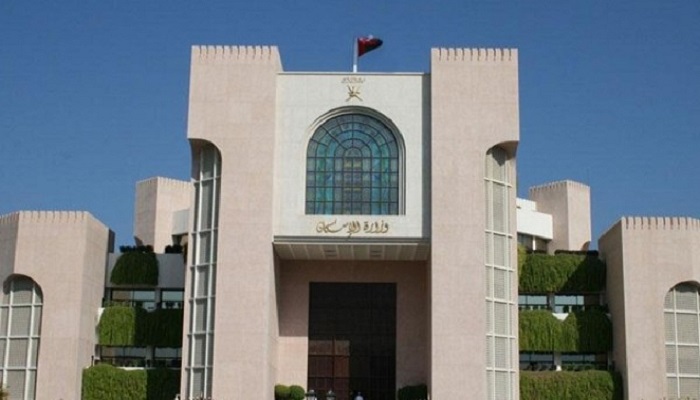
Muscat: Expats who have stayed in Oman for at least two years are now allowed to own flats and offices in Muscat, the Ministry of Housing and Urban Planning has said.
This was made possible due to a ministerial resolution, easing controls on selling residential real-estate units, and for lands allocated towards residential and commercial uses in some parts of the capital region.
“This decision targets those whose have stayed in the Sultanate for not less than two years, while submitting an usufruct application,” said a statement from the Ministry of Housing and Urban Planning.
“Specifications of the usufruct multi-storey residential and commercial buildings will be within the specified sites for sale, and licensed by the Ministry of Housing and Urban Planning after completion of the allocation and construction of the project.
The decision came after the ministry carried out studies with organisations involved in the country’s real estate market, with the aim of stimulating the property sector in the country, which will help promote economic diversification and increase streams of revenue.
Fees incurred by the seller should be three percent of the unit value when applying for usufruct registration, with fees for the beneficiary calculated at five percent of the residential real estate unit value upon registration.
The contract can last for up to 50 years, and then be subsequently renewed, such that the total term of this period, after its extension, lasts for a maximum of 99 years.
The ministry said in this regard: “The objectives of the usufruct system for non-Omanis in multi-storey residential and commercial buildings is to keep pace with global trends to control the movement of funds and their use in the real estate sector in the Sultanate, to yield many economic benefits, including stimulating and supporting investment in real estate development projects, as well as taking into account the sensitivities of Omani society, while taking into account its demographics.
“It also contributes to creating a competitive business environment attractive to investors in the real estate sector, and will inject cash into the real estate market and raise its performance,” added the ministry. “Likewise, the usufruct system is one of the programmes that aims to diversify the economy and reduce dependence on oil, thus strengthening its financial position.”
It is hoped that eight percent of the total revenues collected from the properties sold will be earned through this scheme, which will help boost national revenue. During the coming period, the Ministry of Housing and Urban Planning will announce areas where expats can buy property.
Sales of units shall not exceed 40 percent of the units in multi-floor commercial-cum-residential buildings or 20 percent of a single nationality. It should be noted that it is not allowed to have more than one owner from each nationality in each building. The rest will be floated for purchase by citizens..
Companies that aim to sell these real estate units to potential customers must follow the planning requirements of the ministry if they are to obtain a licence permitting them to do so. The Directorate General of Real Estate Development is to devise the terms for issuance of these licences and their distribution to real estate developers.
Among the areas under the usufruct scheme for expats are phases one, two and three in Wilayat of Bausher, phase two in Al Khuwair and Wattayah, phases one and two in Ghala Heights, in addition to phase five of South Al Mawaleh, phase two of Al Khoudh, and phase seven of South Al Mabella in Seeb. Al Misfah (phase two) has also been included.
In Wilayat Amerat, phase one of Al Hashiyah, Al Amerat and Al Mahaj, and Al Nahda (phases two, three, four and five) will fall under this scheme.